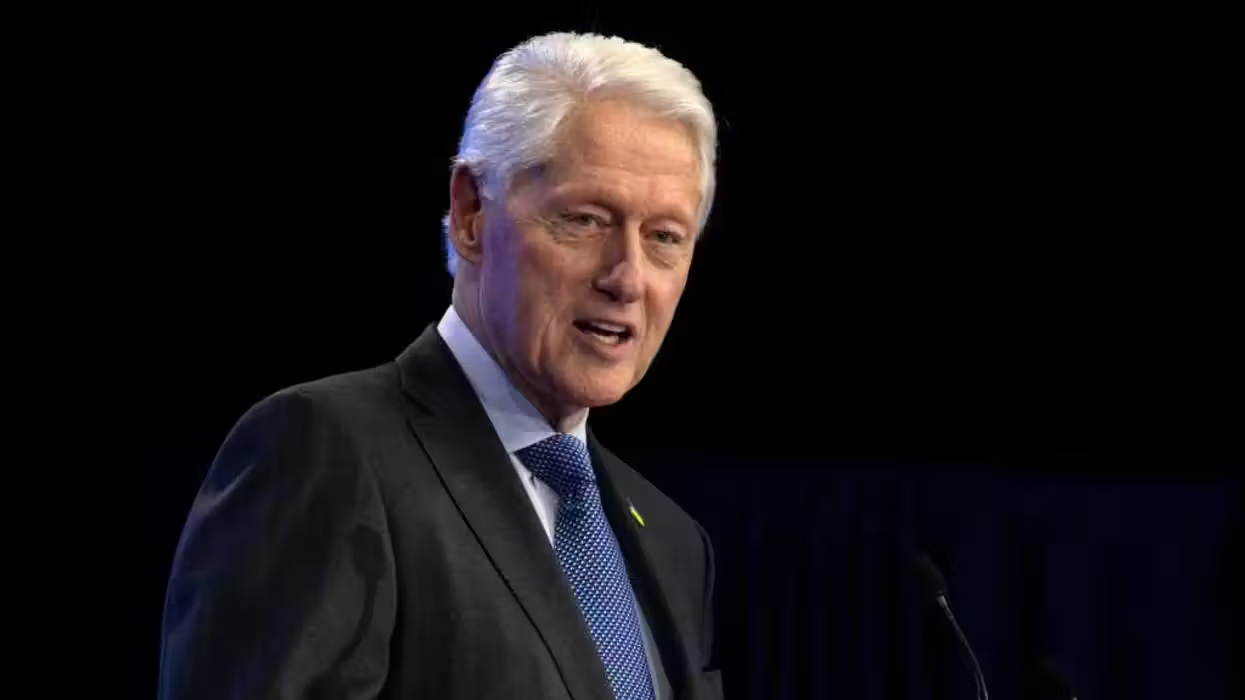
© 2026 Blaze Media LLC. All rights reserved.
The heated debate over whether America's war in Iraq was justified based on the evidence of potential weapons of mass destruction (WMDs) has been a point of contention between supporters and detractors of President George W. Bush since the battle began. But the recent WikiLeaks release of classified military information may be shedding new light on the subject.
As Wired reports, the WikiLeaks documents show that some of these toxic weapons have indeed been found:
In August 2004, for instance, American forces surreptitiously purchased what they believed to be containers of liquid sulfur mustard, a toxic “blister agent” used as a chemical weapon since World War I. The troops tested the liquid, and “reported two positive results for blister.” The chemical was then “triple-sealed and transported to a secure site” outside their base.Three months later, in northern Iraq, U.S. scouts went to look in on a “chemical weapons” complex. “One of the bunkers has been tampered with,” they write. “The integrity of the seal [around the complex] appears intact, but it seems someone is interesting in trying to get into the bunkers.”
Meanwhile, the second battle of Fallujah was raging in Anbar province. In the southeastern corner of the city, American forces came across a “house with a chemical lab … substances found are similar to ones (in lesser quantities located a previous chemical lab.” The following day, there’s a call in another part of the city for explosive experts to dispose of a “chemical cache.”
In addition, the documents suggest Iran may have played a pivotal role:
But the more salient issue may be how insurgents and Islamic extremists (possibly with the help of Iran) attempted to use these lethal and exotic arms. As Spencer noted earlier, a January 2006 war log claims that “neuroparalytic” chemical weapons were smuggled in from Iran.
Will this new information quell the debate at all?
Not likely. While the weapons were found and used against American troops, Bush detractors like Andrew Sullivan of the Atlantic argue that they were "degraded left-overs from the earlier Saddam era" and "not part of an ongoing stockpile program."
What do you think? Does this new information lend any more justification to the U.S. military action in Iraq?
Want to leave a tip?
We answer to you. Help keep our content free of advertisers and big tech censorship by leaving a tip today.
Want to join the conversation?
Already a subscriber?
more stories
Sign up for the Blaze newsletter
By signing up, you agree to our Privacy Policy and Terms of Use, and agree to receive content that may sometimes include advertisements. You may opt out at any time.
Related Content
© 2026 Blaze Media LLC. All rights reserved.
Get the stories that matter most delivered directly to your inbox.
By signing up, you agree to our Privacy Policy and Terms of Use, and agree to receive content that may sometimes include advertisements. You may opt out at any time.






